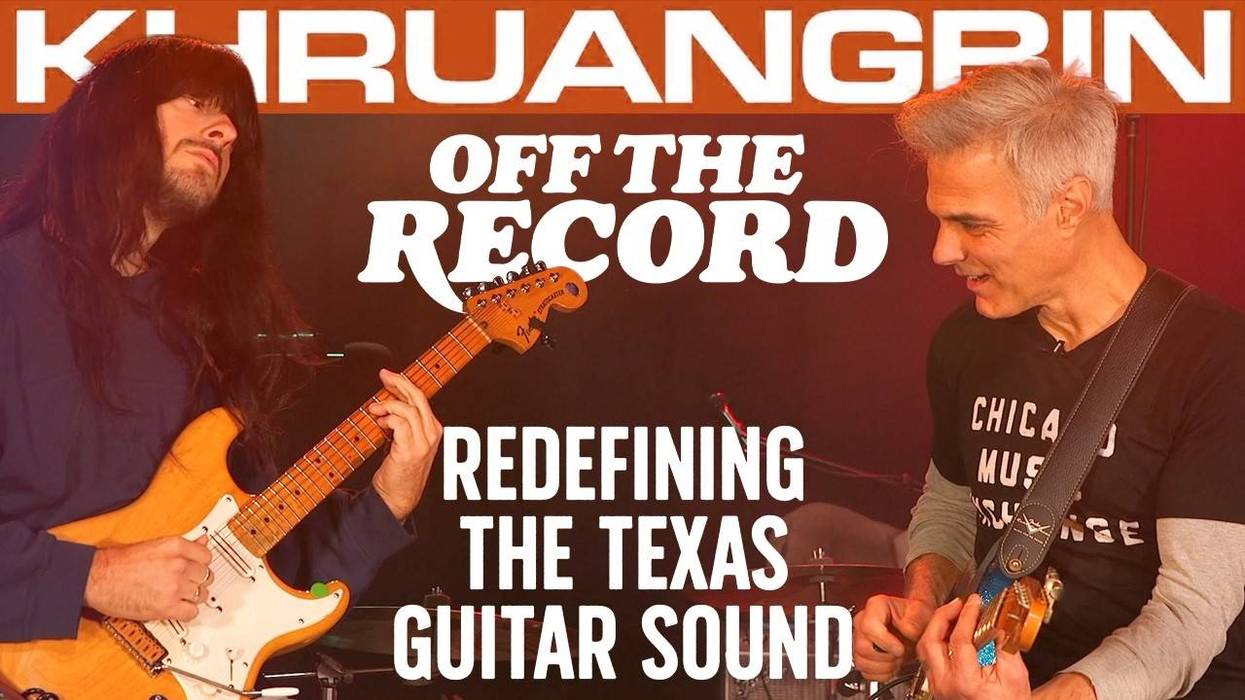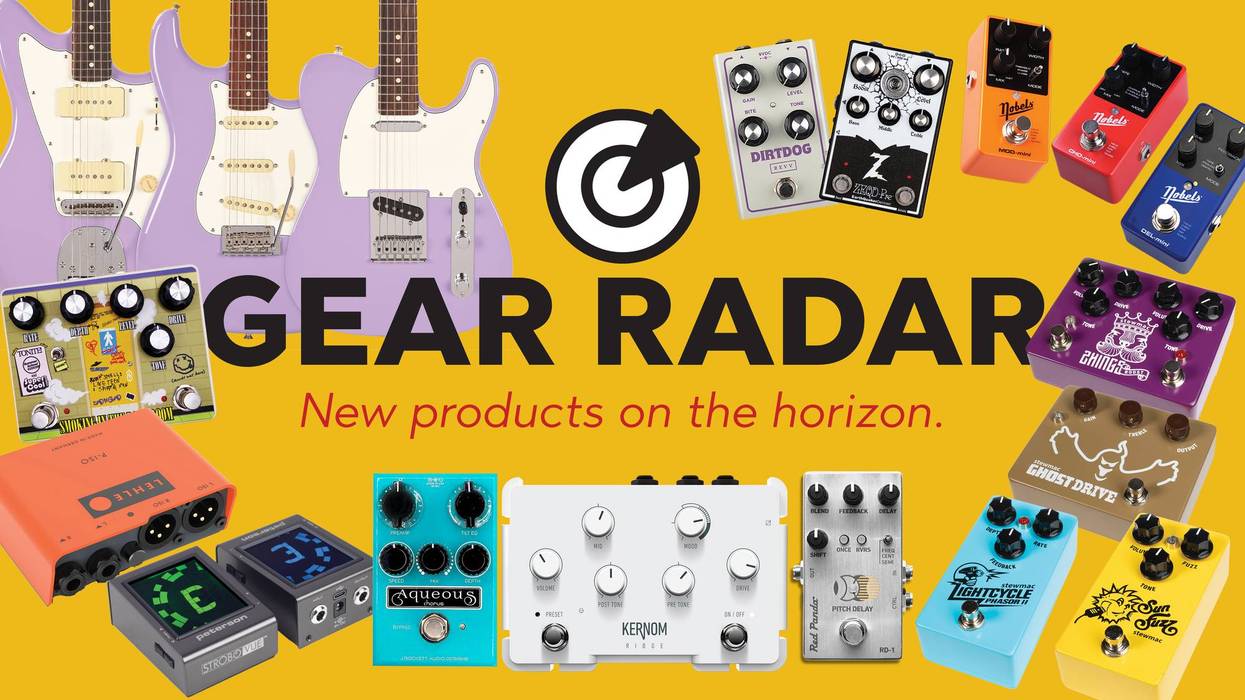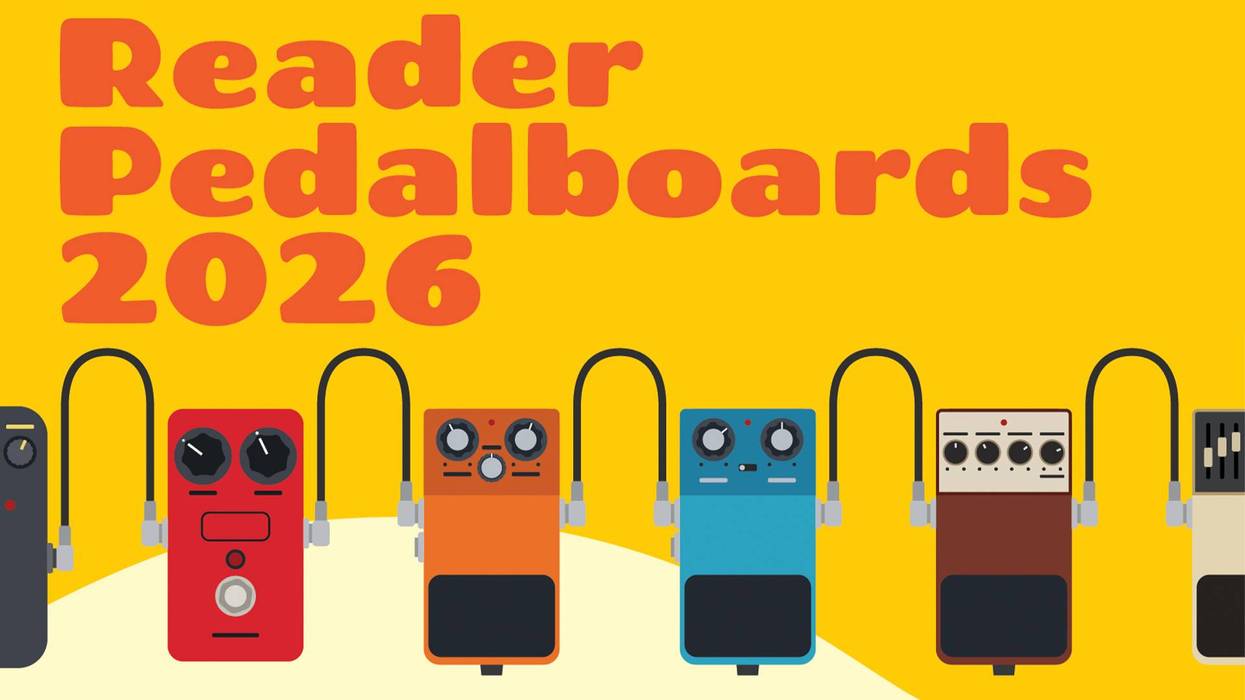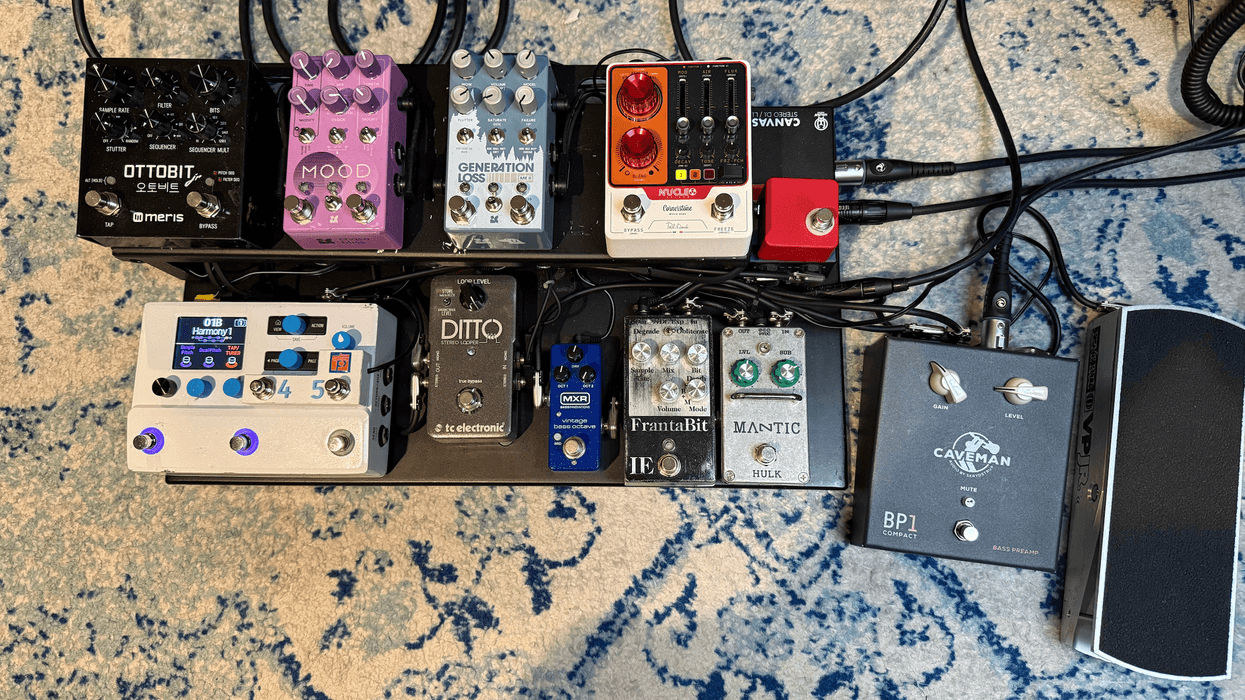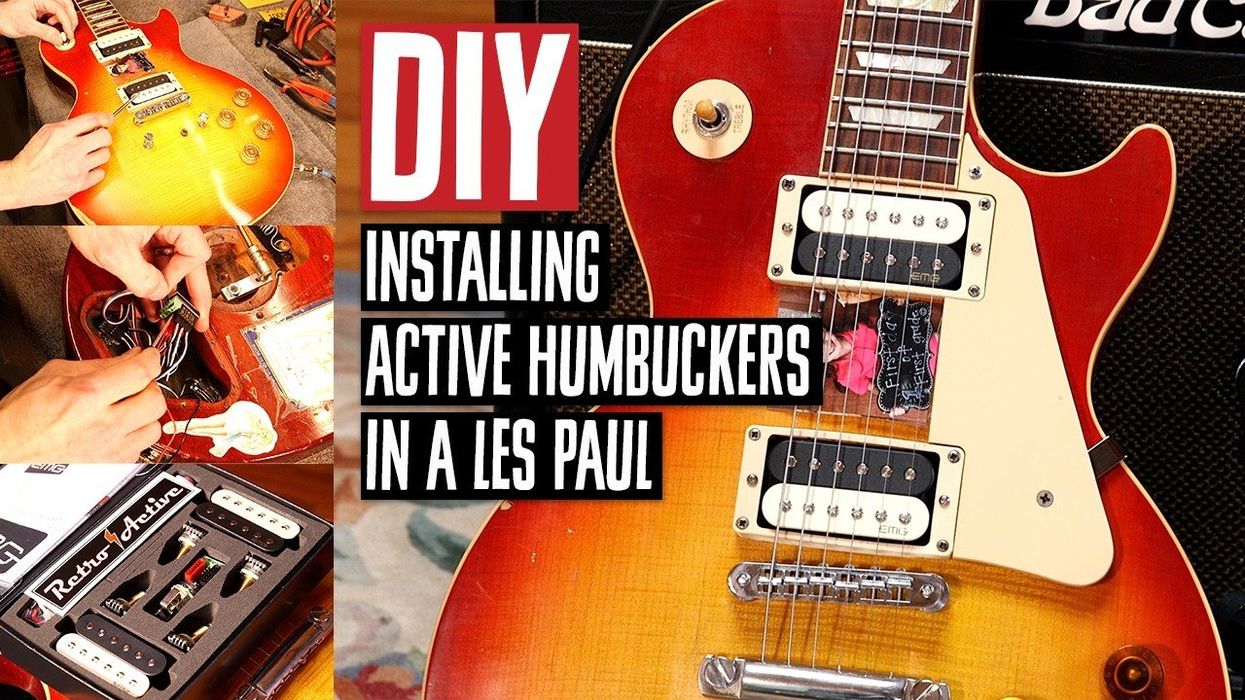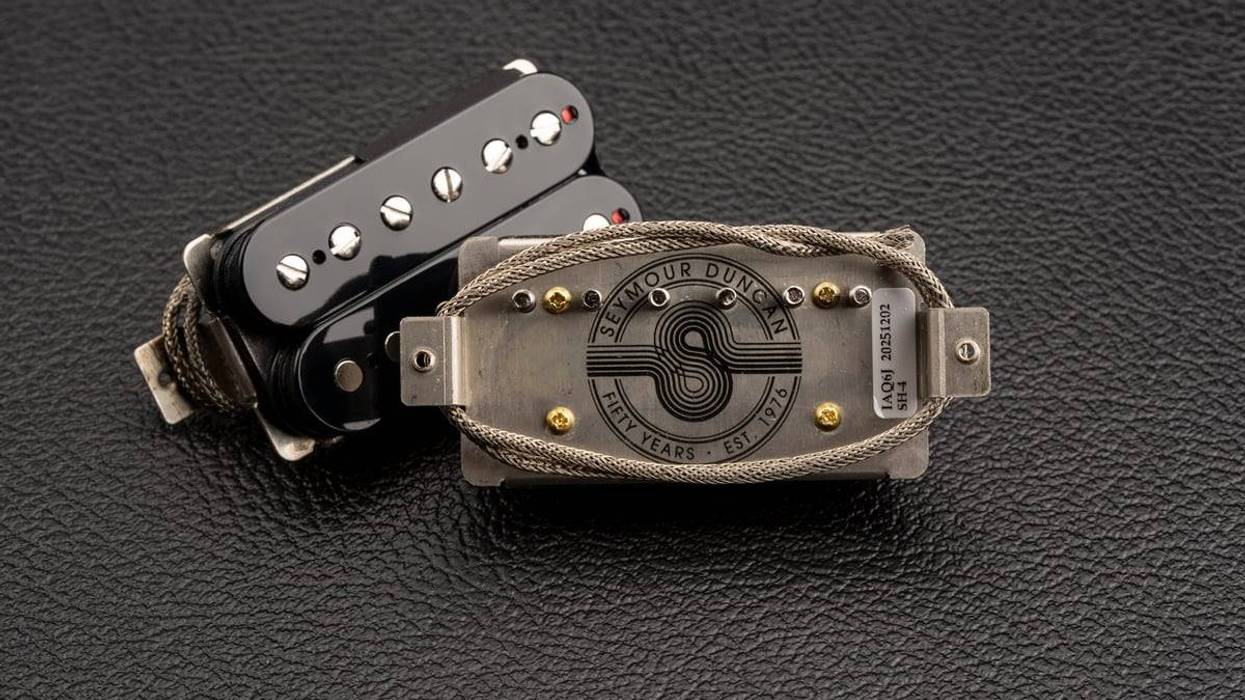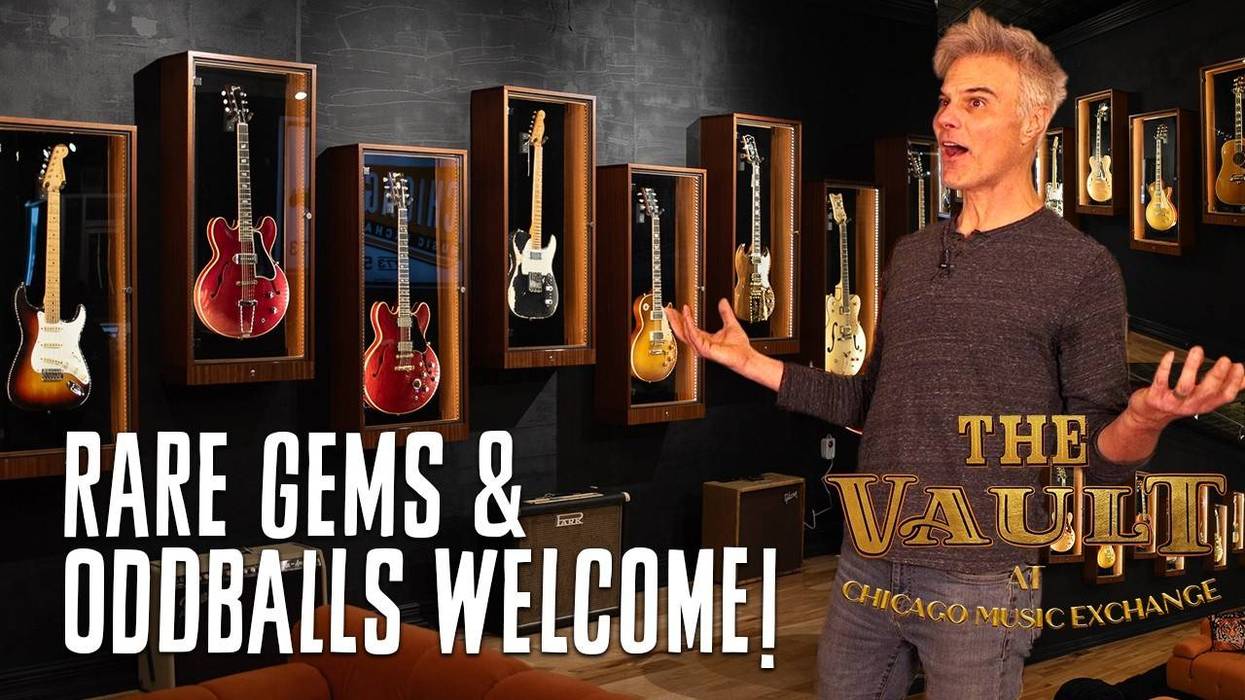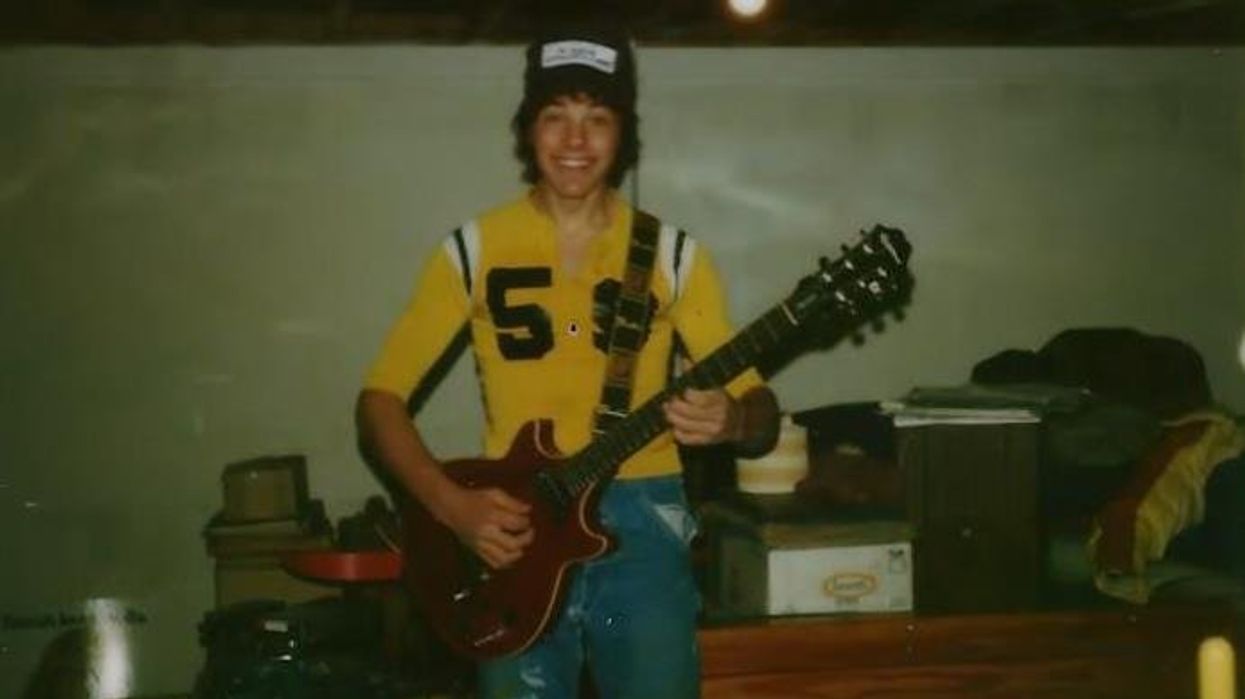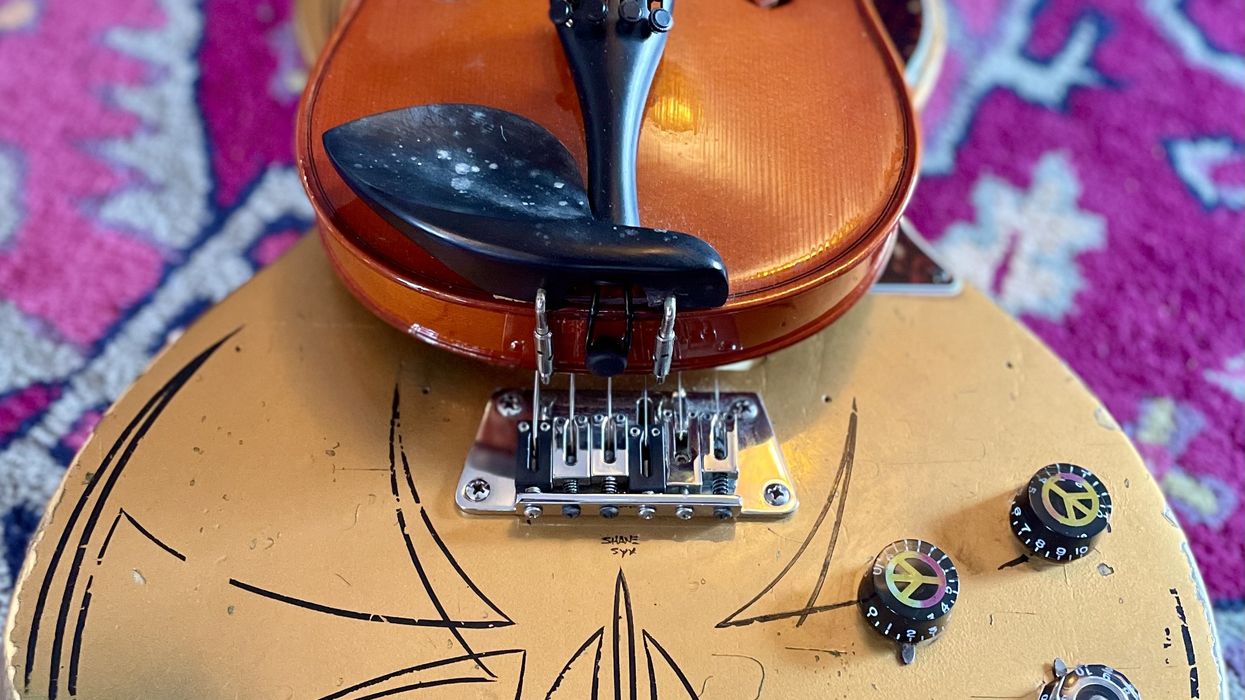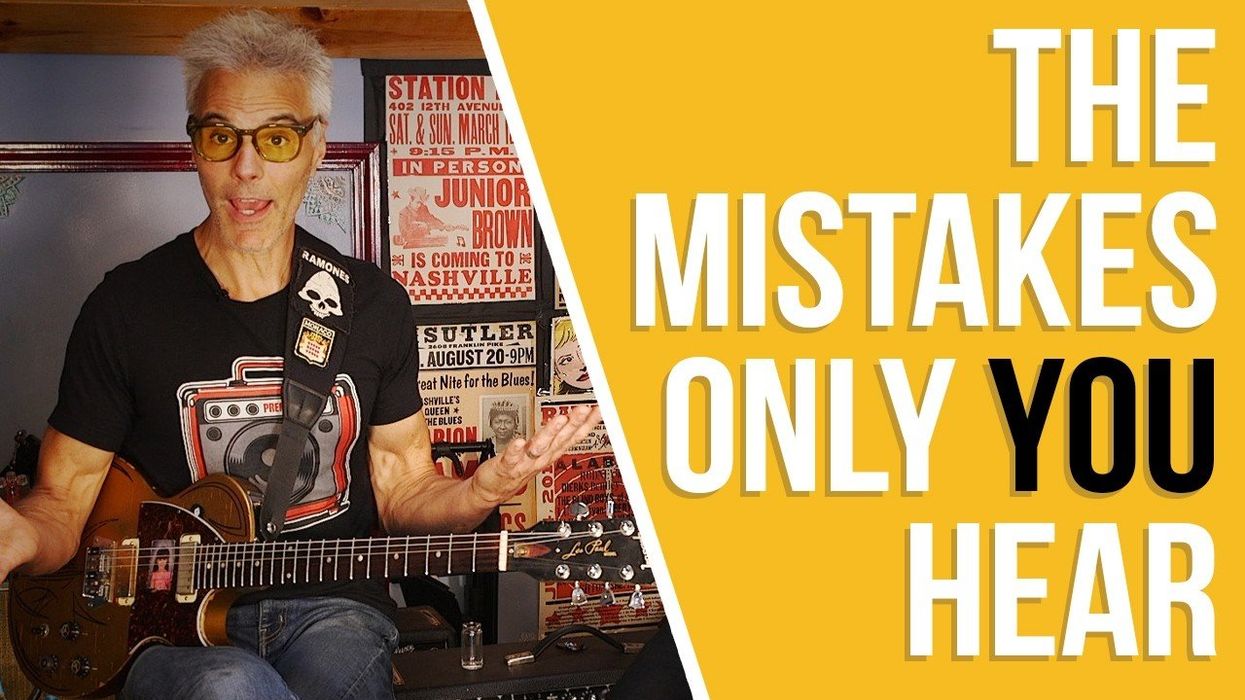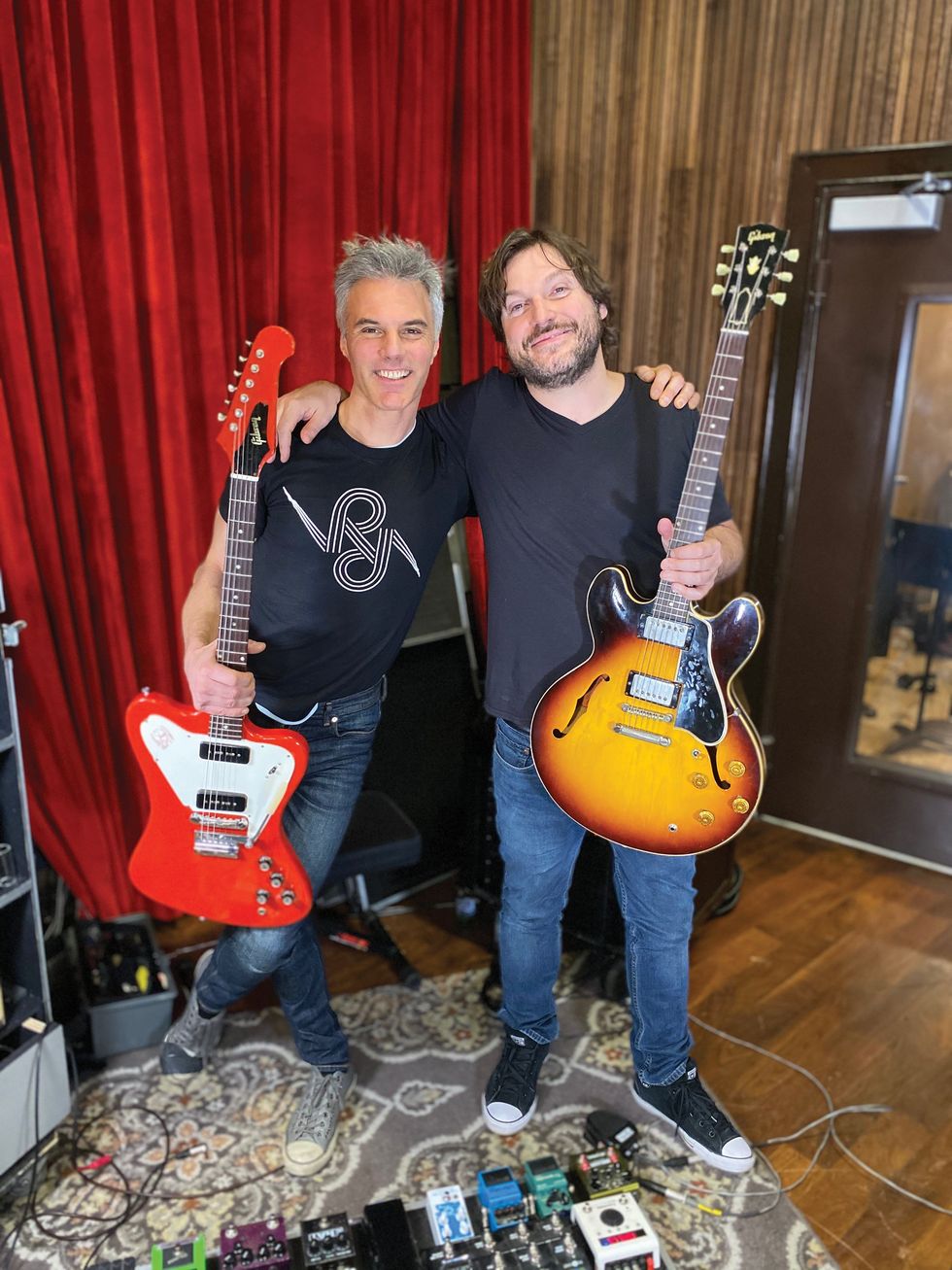We are going to explore something a little different this month. I want you all to close your eyes—no wait, then you can’t read this. How about let’s all take a deep breath, and think about simplicity, the quality of being simple or uncompounded. For such an easy word, it becomes hard to apply. How many things do you have that you really don’t need? For some reason, we feel that we need everything—iPods, the latest cell phones, forty guitars onstage. But in reality, simpler is better, especially when it comes to bass.
Current economic trends are causing folks to go lean on their lifestyles. Out of necessity, folks are getting rid of the clutter in their lives, and excelling by using less—which makes more sense in the long run anyway. I remember my mom telling me that she used to get one pair of shoes and a new jacket for Christmas every year, and that was how they stocked the closet for the year. Now it seems we buy those things once a month. Why? Goods are more accessible to us, as well as in greater supply than they were 50 years ago, and in our musical world there are many thousands of products that weren’t around when “The Twist” was the dance craze and all the cars had tailfins.
Before we get into the “grandpa did it with a broomstick, washtub and piece of string” arguments, I must say this first: by no means am I bashing anyone for what they use onstage or in the studio. We are individuals, and the fact that you have those things makes you who you are. Rock those triple-wah/harmony/distortion pedals until your fingers go numb. It has nothing to do with stripping the individuality away, I am simply encouraging you to ask yourself, How can I be me with less?
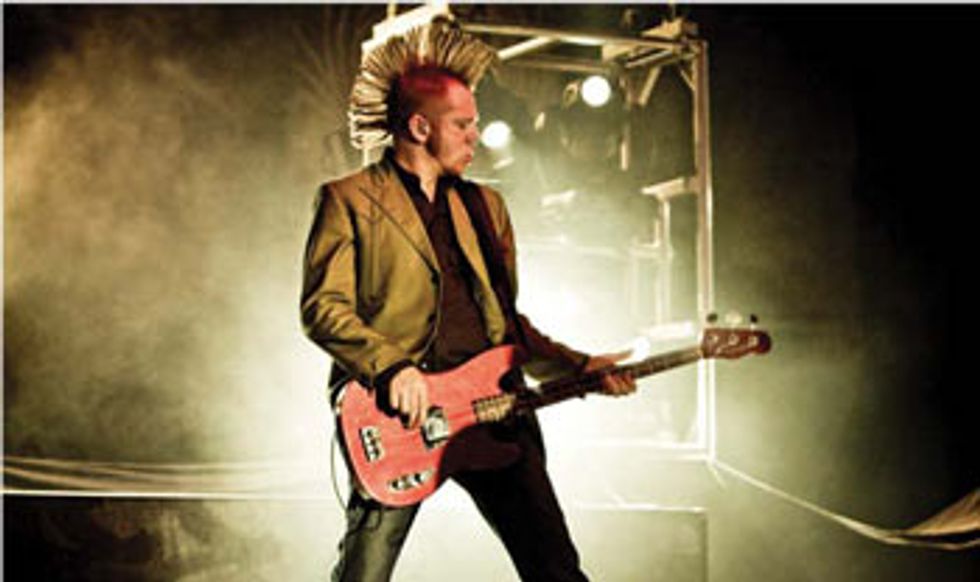 Aden Brubeck Photo by Kandi Mefford. |
How great was life when you got your first guitar? It was blissful and magical, and that sound was the greatest thing you’d ever heard (even if it was awful). Over time, you started to mature. You started buying more things, searching for this tone and that tone. Before too long, there were a dozen pedals in front of you and a few more in the closet, and for some reason you were still searching for a good tone.
Why not try this at the next band rehearsal: take the pedalboards away and take two toms and four cymbals off of your drummer’s kit. Be prepared to be a kid again, blissfully happy to be hearing your fingers, your tone, your individuality. You’ll be shocked at the results. And in a good way.
It’s no secret that one of my favorite players is Sting. Bash him for not being technical, or for being too successful, but with the Police his blend of notes and silence created musical magic that has survived the test of time. Another favorite of mine is Family Man Barrett, who all but created the playing style heard in reggae, and his loudest tool was silence. So many times it is not what you play, but what you don’t play that is effective. You can always apply simplicity to your playing style as well as your rig.
Another player who defines the essence of simplicity is Aden Brubeck. I am glad to know Aden, and his straight ahead, no-nonsense approach to bass is wonderfully refreshing. Aden tours and records with country superstar Miranda Lambert, and he can be seen all over the place with his 3-string bass. Yes, three strings. The bass was custom made by Glendale Guitars, and is by no means a novelty. He explained to me that the one-octave spread makes him think horizontally rather than vertically, and the added string spacing changes his approach to the bass as well. He uses it live and in the studio, and it has a swagger all its own. And in keeping with his no-nonsense approach, he runs bass-to-tuner-to-amp. Love it!
If you’re exploring ways to broaden your musical voice, or your approach to playing in general, maybe you can start adding by taking away. If you look at your rig and have more lights than the local arcade, or can get more sounds than the keyboard player, then maybe you should rethink your approach. Let the guitar players have the lights and the show—it’s our job to keep it solid and be the foundation. And to be able do it with less makes us that much cooler.
Steve Cook
Steve has performed and recorded with a diverse range of artists, from Edwin McCain to Randy Brecker to Course of Nature. Steve is also an alumnus of Woodstock ‘99, performing with his band King Konga. His current projects include extensive touring and video production with Bucky Covington (Lyric Street) and writing a popular weekly tour journal on his website: shinybass.com.



